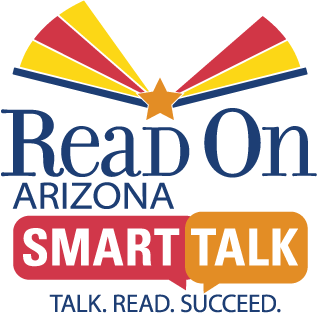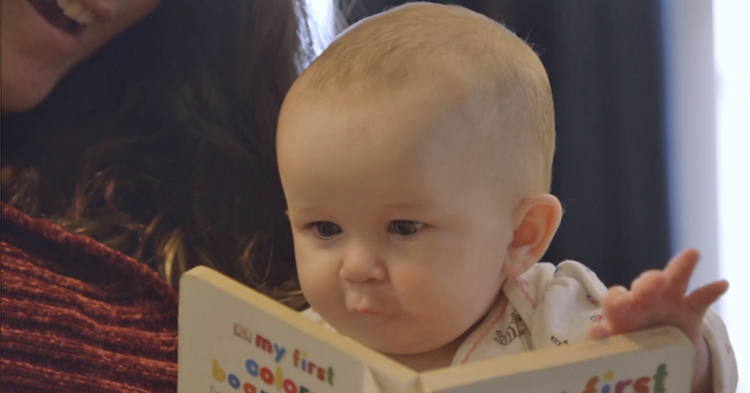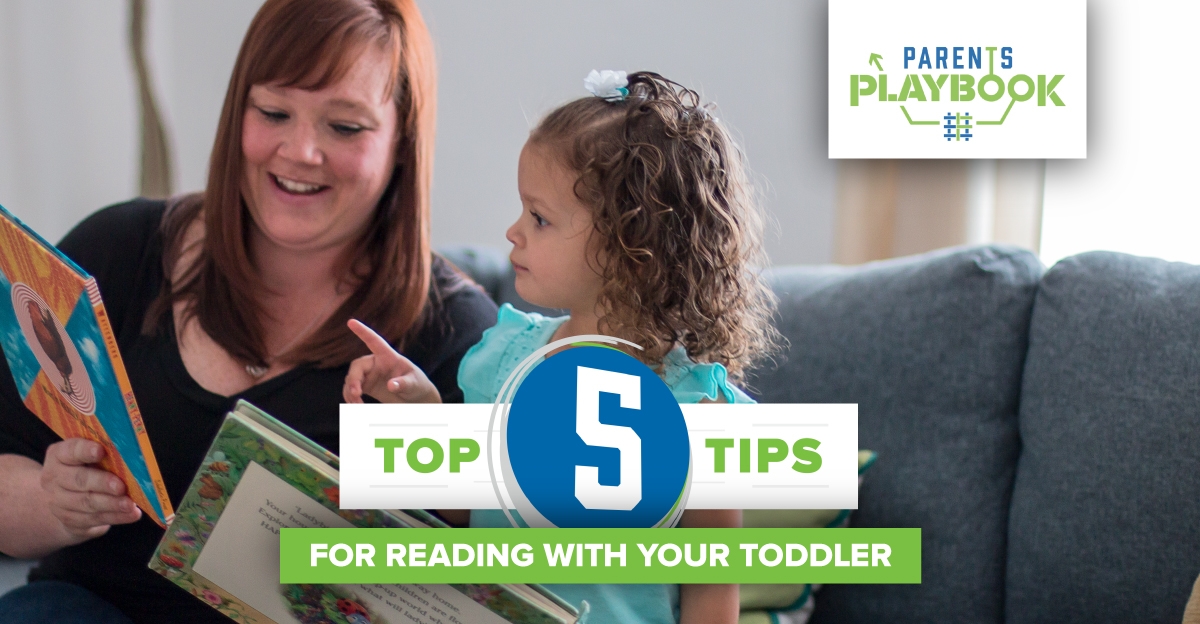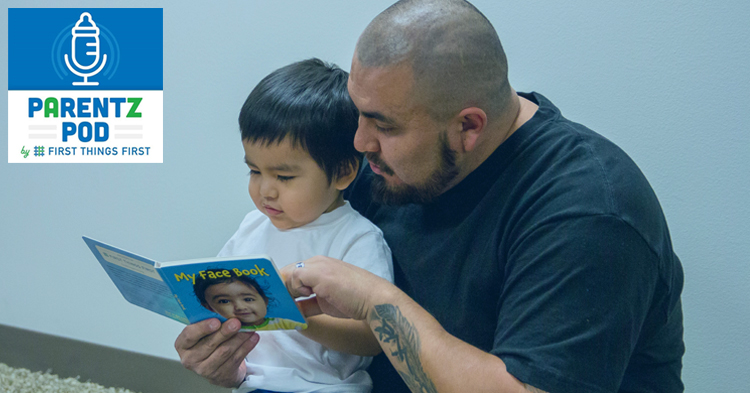Even though they can’t use words yet, having little back-and-forth conversations with your baby is the best way you can help them learn and develop language. Responding to your child with words, conversation and attention makes a big, positive impact on their learning and healthy development.
As their brain develops — incredibly fast in their early days, months and years — they learn by hearing words from you and when you respond back to their sounds, gestures and expressions. These kind of interactions — called “serve and return” in child development lingo — help build strong, healthy brain connections. So find a couple of minutes during your day to talk with your baby. Look for opportunities to return their serve or start a rally yourself. It’s easy to do, and it’s a lot of fun.
Babies are Born Learning
Babies can’t talk, but don’t let that fool you — your baby is a communications superstar. They’ve been listening to you from before they were born. They can hear from about seven months in utero, and they pick up on the sounds and patterns of the language they hear.
“They’re born language-ready,” said Kathy Hirsh-Pasek, a superstar in the field of how children learn and develop language. “By two days of age, children are already able to distinguish mom’s voice — the lilts and the sounds and the expression — from somebody else’s voice.” And they can learn some of their first words as early as 6 months of age.
Your little one’s brain is wired to learn language, but they need to hear a lot of words and conversation from you to build the connections they need to learn to talk and, later, to read. Just like they need nutritious food to grow and develop, your baby also needs language nutrition.
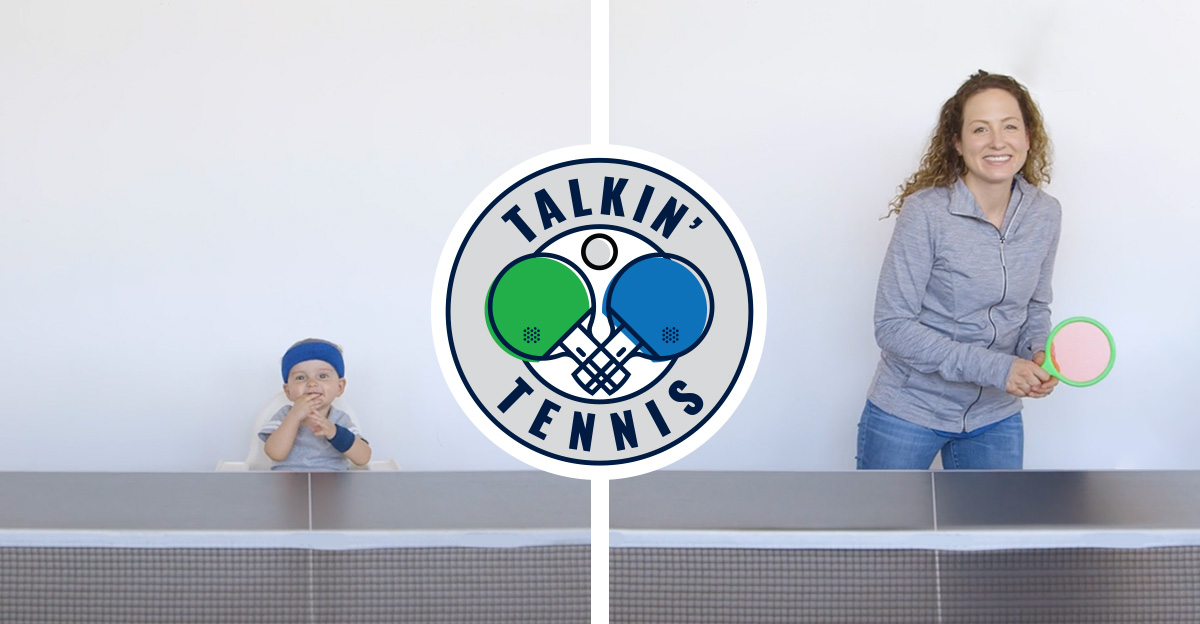
Smart Talk Tips
Smart Talk is having quality conversations with your baby. It’s easy to do, and you don’t need any special tools or training. It’s a lot like tennis. The conversation should bounce back and forth. Here are some tips:
Serve up a conversation starter and wait for their return. Make eye contact and ask an open-ended question, more than yes or no. Who, what, where and when questions are great to ask. You want to know what’s on their mind!
Describe what you’re doing as you do it. There are opportunities for conversation all throughout your day. Talk to them while changing their diaper, feeding time or getting dressed.
Don’t jump in too soon. Babies take a little longer to respond than adults, so give them some time and resist the urge to jump in too soon. Keep eye contact, give them an encouraging expression and wait for their return, which could be a babble or subtle gesture. The goal is a flowing, back-and-forth conversation.
Look for your baby’s serve. They will initiate conversation with you, as well. Crying is one obvious cue, but also look for a serve when they’re more alert, active and ready to play. These are great opportunities for conversation, so look for what your child shows interest in and talk about it.
Use a caring, loving tone. All conversation is great, but your baby will learn even better when you use sweet, exaggerated sounds to speak to them. Known as ‘Parentese,’ using a more melodic, high-pitched tone than you normally use helps get and keep your baby’s attention. Short, simple sentences are best, with lots of repeated words, and stretch out those consonant and vowel sounds.
Use your home language. The more words and conversation they hear the better, so talk, sing and read with your baby in the language you are most comfortable with.
Read books and tell stories with them. Sharing books with your baby is a great way to bring them new and usual words. And you can also make up your own stories or talk about the pictures. Keep it fun.
Smart Talk is Arizona’s awareness campaign that encourages parents and caring adults to have quality, back-and-forth conversations with their babies and toddlers. Smart Talk is easy to do, and you don’t need any special tools or training.
The Power of Conversation
There’s tons of research to show how powerful talking with your baby is for their development. Having back-and-forth, naturally-flowing interactions helps them develop language and vocabulary, and language skills are strong predictors of later school success. Babies and toddlers who have more of these kind of conversations with their parents and other caring adults tend to do well in school and life later on.
So look for opportunities to have back-and-forth conversations with your baby every day. It doesn’t have to be a long match. A few games every day can make a big difference. Just find the right time and serve up some smart talk.
Learn More about Serve and Return
Center on the Developing Child, Harvard University
Early Literacy from First Things First
Updated from August 2019


